The Asian Infrastructure Investment Bank (AIIB) and the Arab Fund have signed a memorandum of understanding (MoU) to formalize a strategic partnership focused on advancing sustainable infrastructure in shared priority regions.
The signing ceremony took place on the sidelines of the Fourth International Conference on Financing for Development (FfD4) in Seville, Spain, and was officiated by AIIB President Jin Liqun and Arab Fund Chairman and Director General Bader M. Alsaad.
"Our partnership with the Arab Fund represents a significant milestone in our shared commitment to sustainable development. By combining AIIB's infrastructure expertise with the Arab Fund's deep regional knowledge, we can deliver transformative projects that address the most pressing connectivity and climate challenges," said President Jin in the joint statement.
The MoU establishes a comprehensive framework for collaboration between AIIB and the Arab Fund across sovereign and non-sovereign co-financing, joint project preparation, and strategic priorities including climate resilience, cross-border connectivity, and digital infrastructure, and sustainable urban development.
"This significant partnership with AIIB will enable us to achieve our mission of financing sustainable development across the Arab region, aligning directly with the SDGs. Through this collaboration we will mobilize vital resources and strengthen our support for strategic infra-related initiatives, ultimately contributing to a more prosperous and sustainable future,” added Bader M. Alsaad, Chairman and Director General of the Arab Fund.
This partnership underscores both institutions’ commitment to deepening collaboration with regional development partners and advancing innovative, demand-driven approaches to financing sustainable infrastructure for the future.
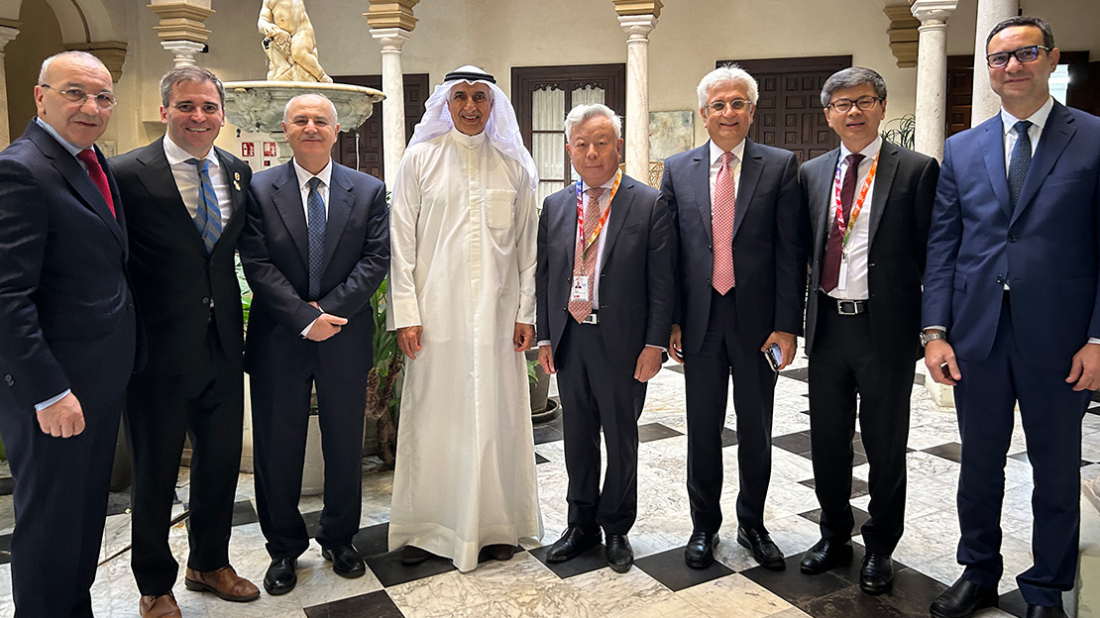
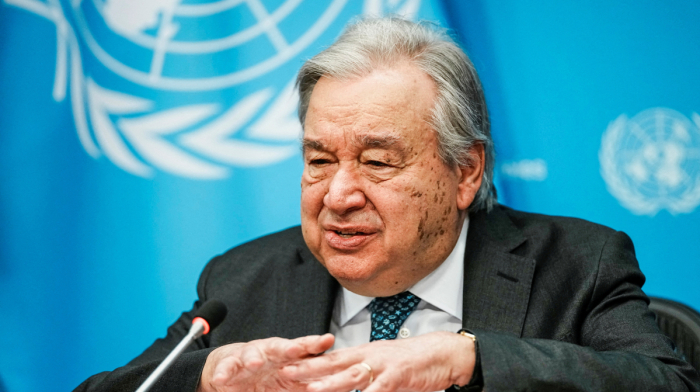

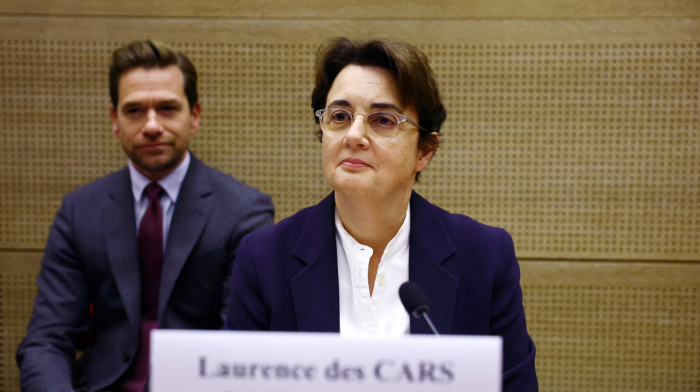
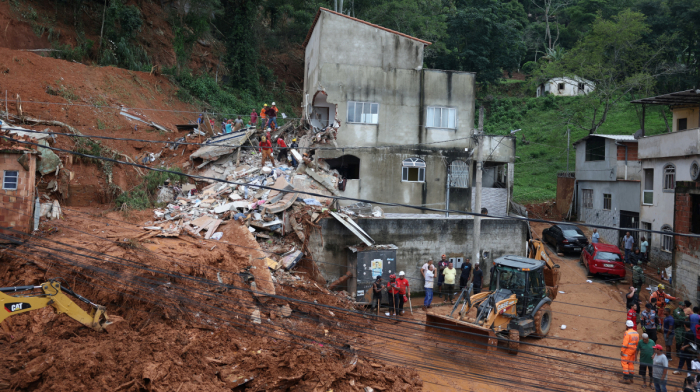
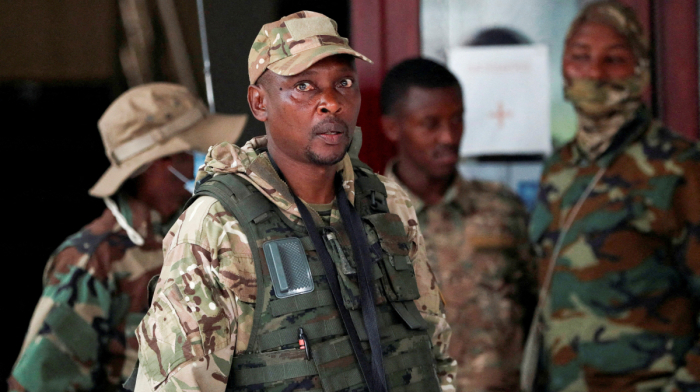

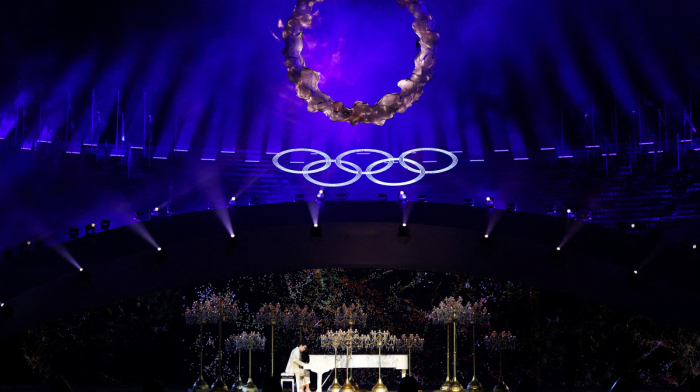

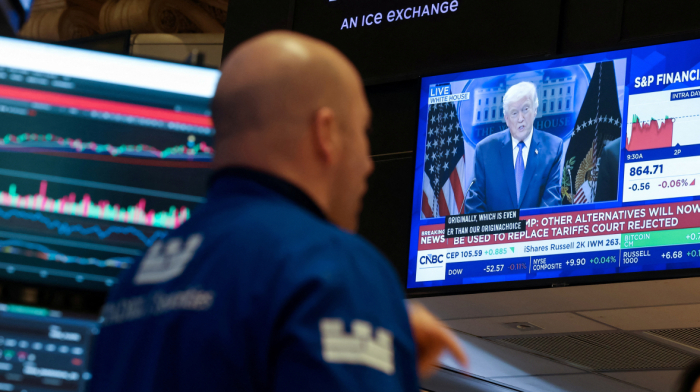
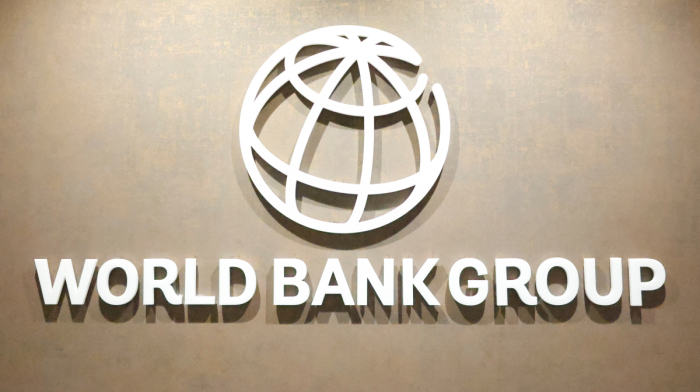
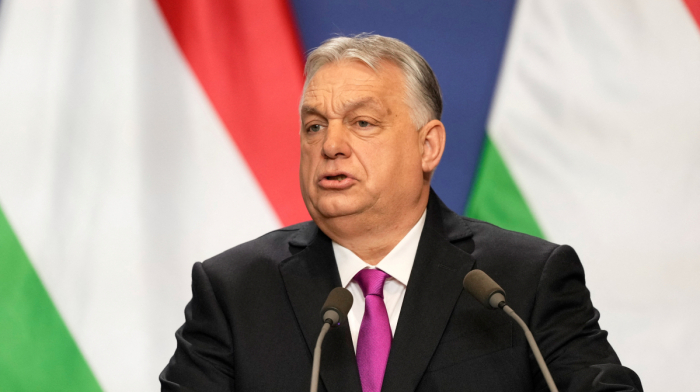
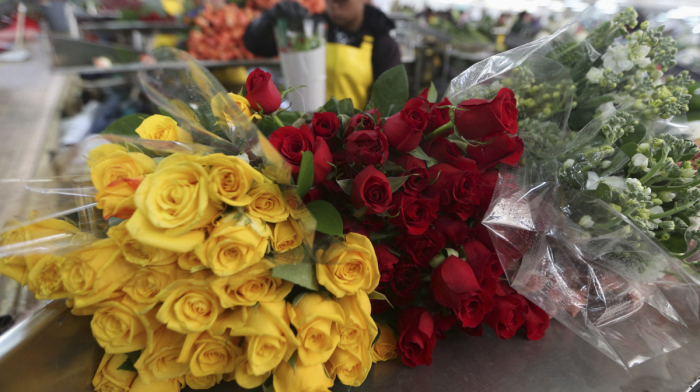

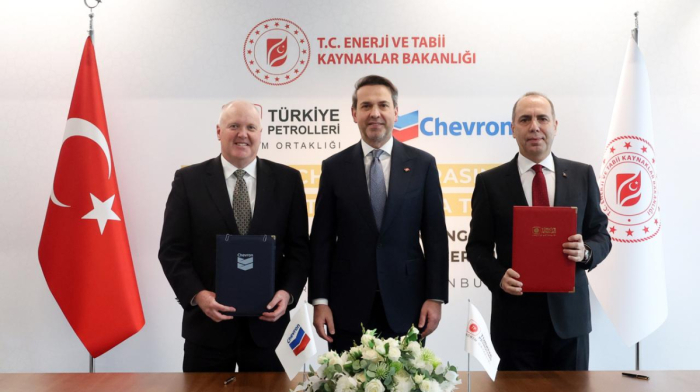
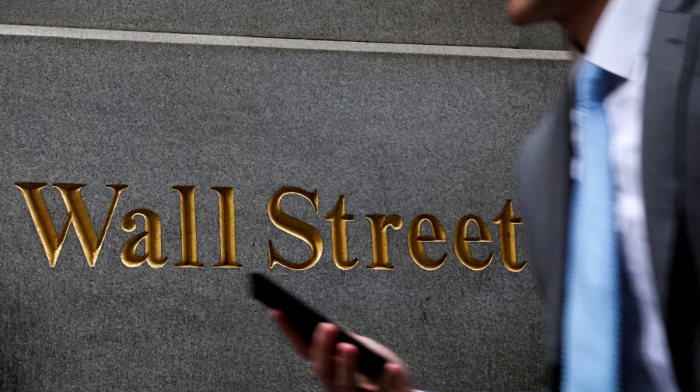
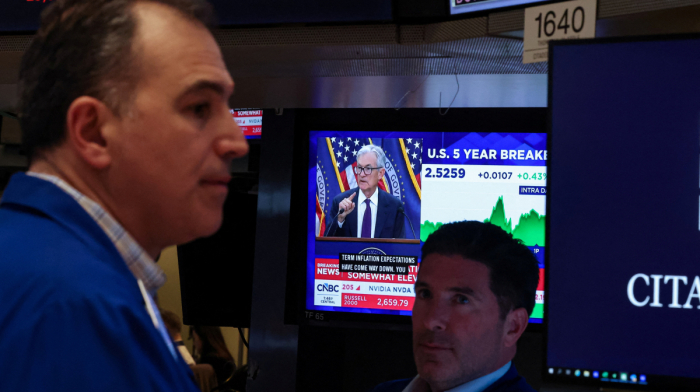



What is your opinion on this topic?
Leave the first comment